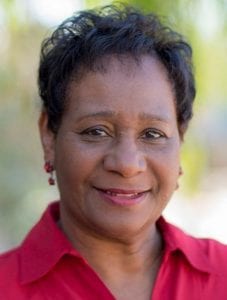TAA member Margarita Huerta, PhD, writer and Founder of Real Academics, reached the 1,000 mark for citations on her Google Scholar profile on August 25, 2023.
Her top three most cited articles (out of 20 articles tracked by Google) include:
- “Graduate students as academic writers: writing anxiety, self-efficacy and emotional intelligence” (2017), M Huerta, P Goodson, M Beigi, D Chlup, Higher Education Research & Development, 36 (4), 716-729. (205 citations)
- “The effect of an instructional intervention on middle school English learners’ science and English reading achievement” (2012), R Lara‐Alecio, F Tong, BJ Irby, C Guerrero, M Huerta, Y Fan, Journal of Research in Science Teaching, 49 (8), 987-1011. (184 citations)
- “Connecting literacy and science to increase achievement for English language learners” (2010), M Huerta, J Jackson, Early Childhood Education Journal, 38, 205-211. (62 citations)







